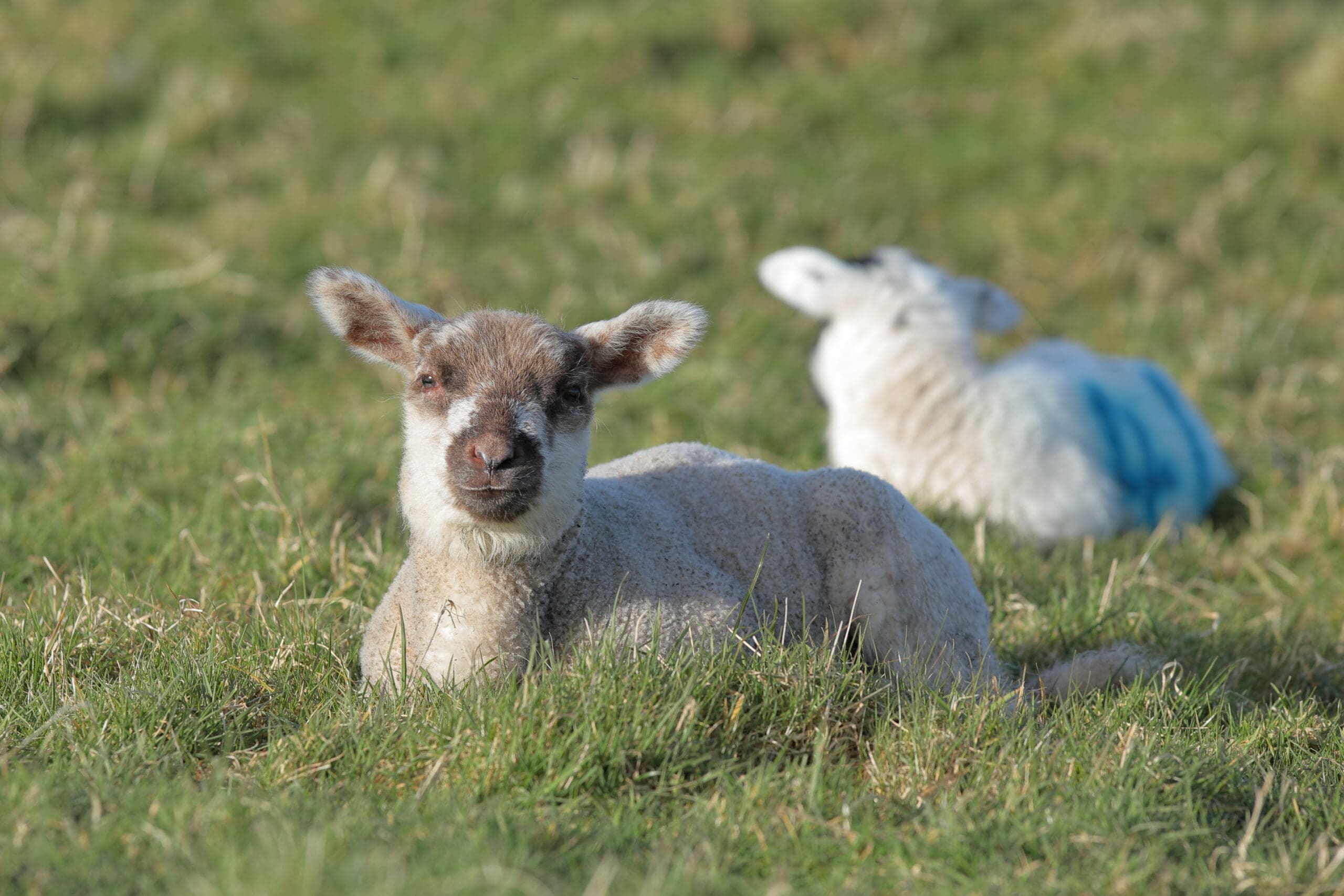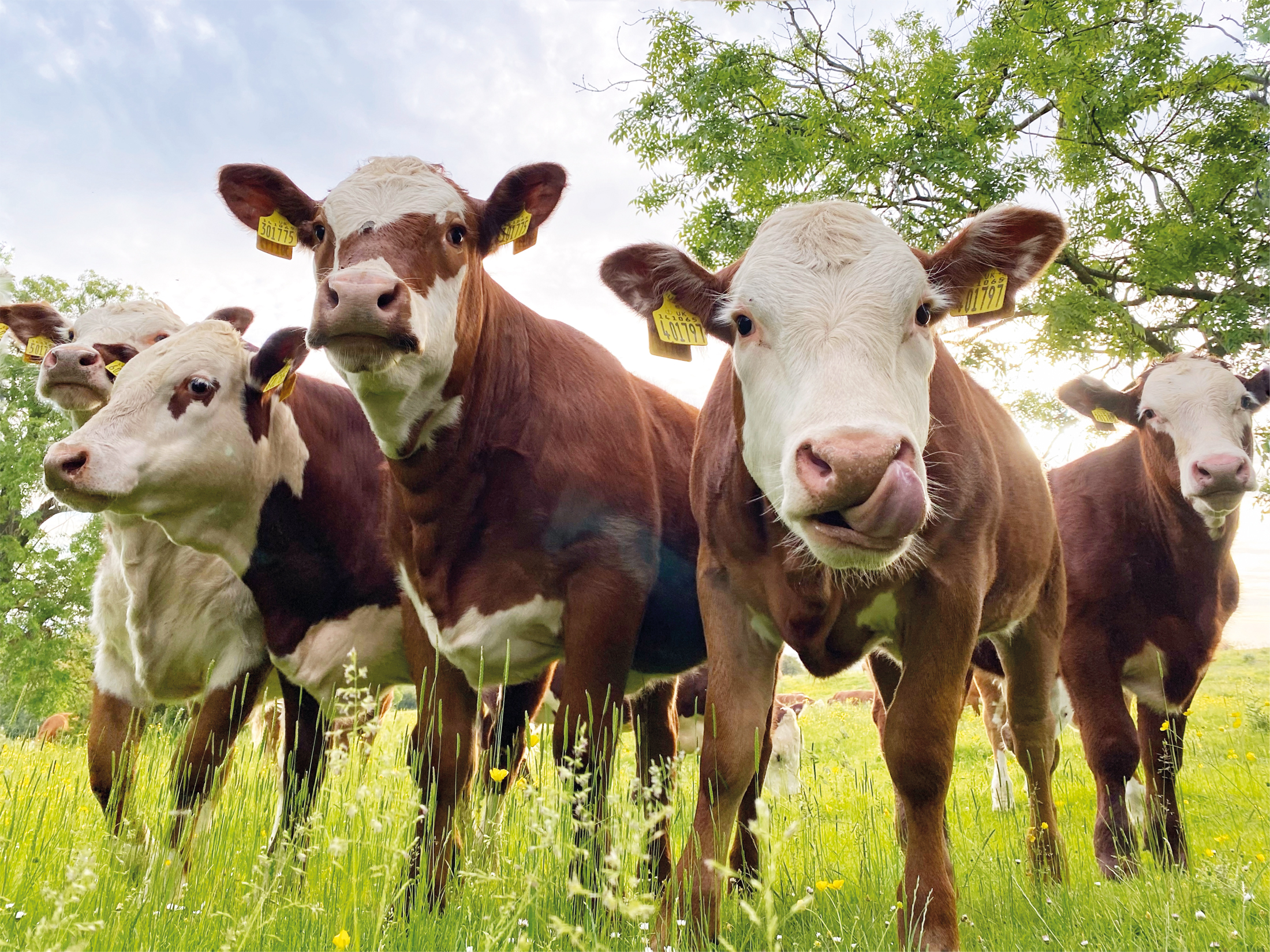
Springtime sheep. Picture: Cliff Donaldson
Commodity watch by UFU policy officer David McClure
As policy officer for the Ulster Farmers’ Union (UFU) animal health and welfare committee, sometimes I find our agenda gets dominated by headlines from other sectors. Bovine tuberculosis, veterinary medicine access and EU welfare legislation are all key focus areas for the committee at present. However, in recent months, several items pertaining to sheep production have made up a key part of the agenda.
Maedi Visna
A number of outbreaks of Maedi Visna (MV) in the Northern Ireland (NI) sheep flock has put pressure on the industry. DAERA previously declared NI as a region free from MV but positive tests from within a small number of flocks in NI within the last two years, look to change the landscape of the sector. The loss of “freedom” will impact on trading with accredited flocks in Great Britian and export into some European member states. Industry stakeholders are currently engaged with DAERA to develop a NI accreditation scheme which will be fit to serve the needs of all parts of the industry.
Sheep scab
Sheep Scab remains a key area of concern for the committee. Whilst a pilot scheme, administered by Animal Health and Welfare Northern Ireland that ran during 2023 has now ceased, there are several key learning points which have been identified.
Firstly, the reporting of Sheep Scab cases rocketed when there was provision of an effective advisory service. The pilot programme identified a concerning level of resistance to injectables, whereas plunge dipping carried out effectively saw no evidence of resistance. Injectables are sometimes favoured in the spring with heavily pregnant ewes on farm. However, due consideration must be given to the merits of this method, versus the risks of having to dip the entire flock immediately post lambing, if the injection proves to be ineffective.
Unfortunately, the pilot scheme has now depleted all of its funding, yet scab remains abundant in some areas. Marts have a responsibility not to permit access to any sheep which are showing visible signs of scab, but more importantly, no farmer should knowingly be taking infected animals to a mart. To do so is highly irresponsible and risks cross infection for any sheep which pass through the same penning facilities in the weeks that follow.
In the last week, DAERA issued a press release highlighting the presence of scab in lambs at slaughter. If you suspect there may be infected sheep in your flock, it is critical to act immediately. Either approach your veterinary practitioner directly, or alternatively contact UFU HQ and I will be able to direct enquiries to the NI Sheep Scab group for bespoke advice on how to effectively treat the infection. If you delay taking action, it only makes the task of treatment more difficult and risks cross infection of neighbouring flocks.
Welfare
DAERA’s welfare and enforcement branch have recently raised concerns with the UFU, regarding the trade of foster ewes and newborn pet lambs. The competent authority has highlighted to the UFU that such animals are known to have been transported after being sold through marts or online marketplaces. Whilst such trading moves are deemed to be useful by some NI sheep flock owners at lambing time, our members need to be aware of the legislation which applies to such moves.
Council Regulation (EC) 1/2005 on the protection of animals during transport and related operations stipulates that any female which has given birth in the previous week is unfit for transport. Aside from the legislative requirements surrounding transport, there are significant risks of buying in a ewe which has given birth within the past seven days. The presence of amniotic fluids and/or parts of placenta, have the potential to transmit a variety of very significant infections to other animals which could have devastating consequences on a flock and such moves should, therefore, should be discouraged from a husbandry and disease control point of view.
The same piece of legislation goes on to state that any newborn animal that has a navel, which has not healed, would also be considered unfit for transport. This directly applies to pet lambs. To ensure compliance with the legislation, DAERA have advised that no pet lambs should be transported until the navel has fully dried.
UFU will be engaging with DAERA on all of the above issues in the coming weeks. We will be encouraging the competent authority to channel all of their efforts toward assisting the industry on development of a MV solution. Sheep scab requires an injection of enthusiasm and financial commitment from the government body to assist the industry with this plague. A pragmatic approach is needed regarding any issues which DAERA have identified with foster ewe and pet lamb trade.




